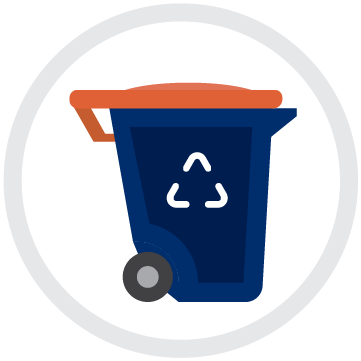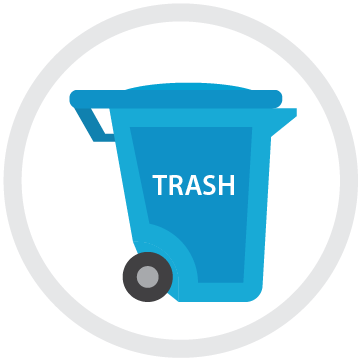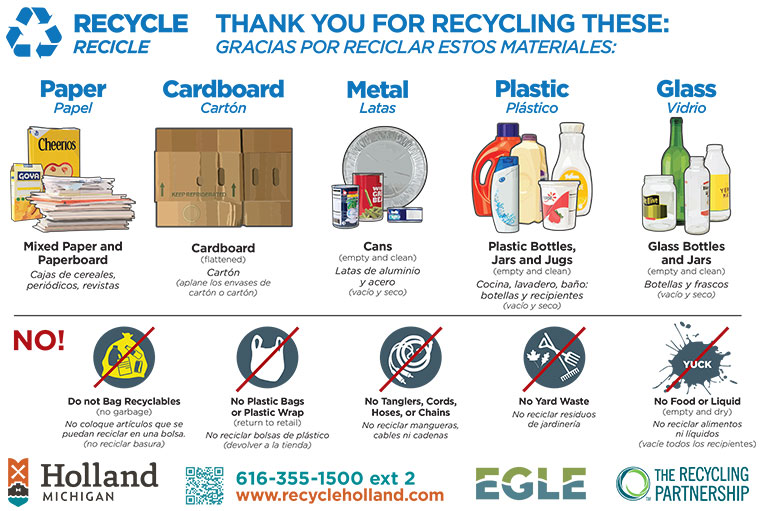How to Recycle
Once you know the basics, recycling is an easy way to make a difference in our community. Here’s our simple guide to will help you become a recycling expert.
Recycle Prep
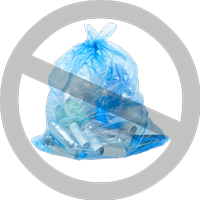
Never bag or bundle your recyclables.
Plastic bags can get caught in the machinery causing delays and damage to equipment. Because recycling facilities are not able to efficiently sort bundled materials, doing so makes it more likely your recyclables will end up in a landfill.
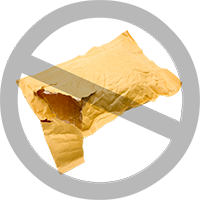
Separate mixed or connected materials
If all the mixed materials are recyclable, like a plastic package with a paper insert, separate the items and put them in your cart individually.
If only part of the mixed material is recyclable, like a cardboard toy package with a large plastic window, you should separate the plastic portion from the cardboard and recycle the cardboard.
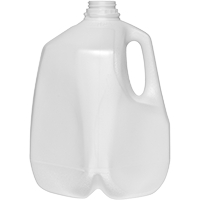
Empty. Clean. Dry.
All items that you place in your recycling cart need to be emptied of their contents, cleaned of all residue, and free of moisture. Just one dirty item could contaminate all of the other recyclables.
What’s Recyclable Curbside?
Paper & Cardboard
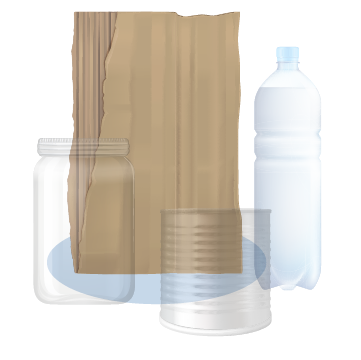
Is it larger than a credit card?
Small papers, like shredded paper are likely to get stuck in our processing machines. Ensure anything that goes into your recycling cart is larger than a credit card. You can recycle shredded paper as long as it is contained within a sealed, clear, plastic bag.
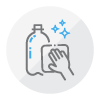
Is it empty, clean and dry?
Before recycling items, they need to be checked for contamination from grease or other residues. Paper and cardboard contaminated by food (like a pizza box) is not recyclable.
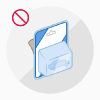
Is it mixed with other materials?
Paper and cardboard items are often combined with other materials — bubble wrap, packing peanuts, or plastic wrap. Before recycling, separate out the materials. The box is recyclable, but packaging materials may not be.
Is it broken down and flat?
Break down cardboard boxes. It makes them easier to process and leaves more room for other recyclables. After breaking the item down you can often flatten it to save even more space.
Metal Cans
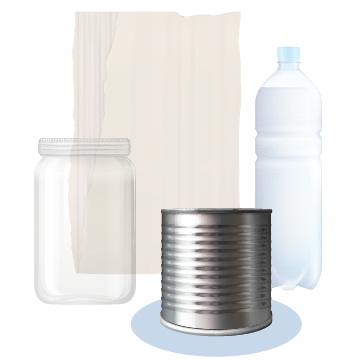
Is it larger than a credit card?
(and smaller than a coffee can)Loose small materials can get stuck in recycling machines. A good rule of thumb: if it’s larger than a credit card and smaller than a coffee can, it’s in the clear. If it is smaller than a credit card, like a bottle cap, reattach the lid to the bottle and recycle, or throw the lid away. And no tools, please!

Is it empty, clean and dry?
Before recycling items, they need to be emptied, rinsed and dried before placed in your recycling cart. This way, they don’t contaminate all the other materials in your recycling cart.

Is it mixed with other materials?
Before recycling food and drink cans, remove any plastic labels. Paper labels are acceptable.
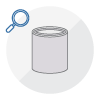
Look closely!
Some metal cans have an insulated coating that might not be recyclable. If the item seems that it may not be recyclable, just throw it out.
Glass Containers
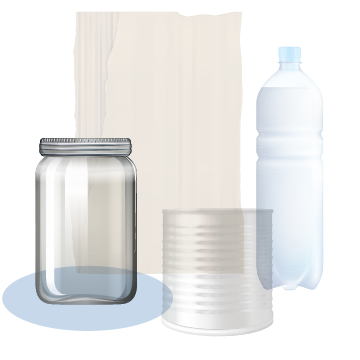
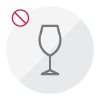
Is it durable?
Dining glassware, window glass or home décor are never recyclable and will break in your cart or in transit. Stick with durable glass food packaging containers & bottles.

Is it empty, clean and dry?
Before recycling glass containers, they need to be emptied, rinsed and dried before you place them in your recycling cart. This way, they don’t contaminate all the other materials in your recycling cart.
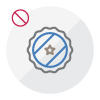
Are the lids removed?
Metal lids or caps on glass bottles and jars are too small to recycle by themselves, so remove them and throw them out.
Plastics
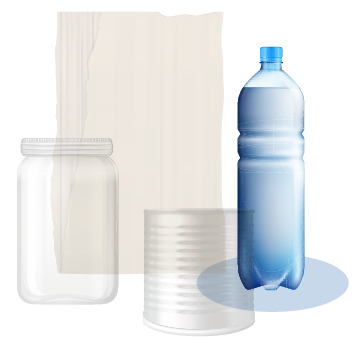
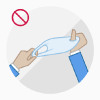
Can you poke a hole in it?
If you can push your finger through the plastic, it’s too flimsy to recycle. Grocery bags, sandwich bags and bubble wrap, for example, all need specific handling, so don’t put them in your curbside cart.

Is it empty, clean and dry?
Before recycling items, they need to be emptied, rinsed and dried before placed in your recycling cart. This way, they don’t contaminate all the other materials in your recycling cart.
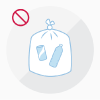
Is it in a plastic bag?
Recyclables should not be in a plastic bag. Instead, put your recyclables directly into your recycling cart to be sure those loads are able to be processed at the recycling plant.
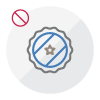
Are the lids on?
Lids are too small to recycle by themselves, so put them on the containers or throw them away.
What Isn’t Recyclable Curbside
Always Trash or Dispose of Properly:
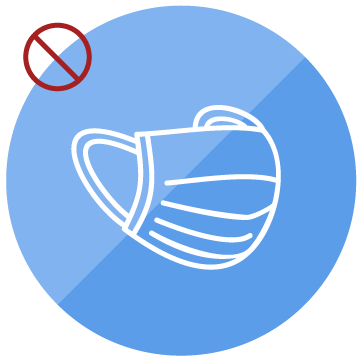
Paper Masks
Surgical and disposable masks are not acceptable in your recycling cart and pose a health risk to recycling workers.
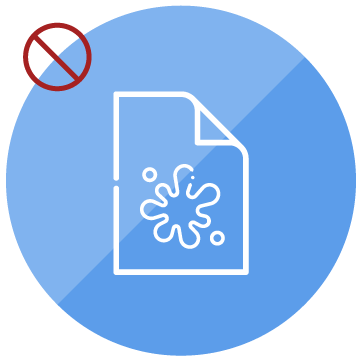
Soiled Paper
Items that are soiled or dirty are not recyclable. Please place them in your trash.
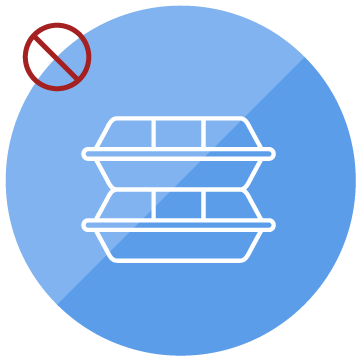
Styrofoam®
Styrofoam is not recyclable. Instead, place these items in your trash.
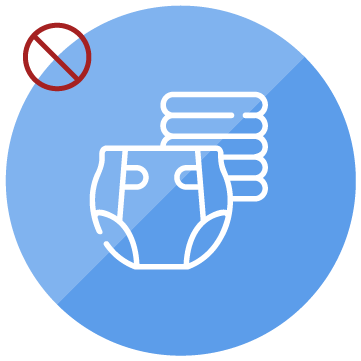
Diapers
Whether clean or dirty, diapers are not recyclable. Please place them in your trash.
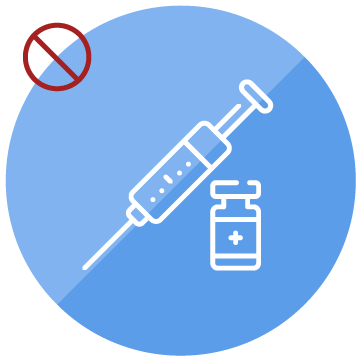
Medical Waste
Medical items such as needles are dangerous for workers and should not go in your recycling cart. Please dispose of them in proper medical waste containers.
Items With Several Disposal Options:
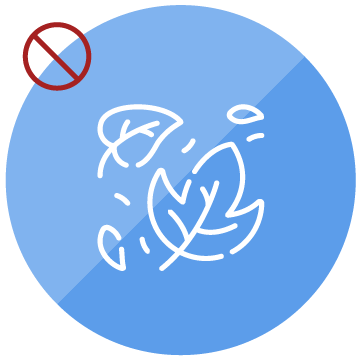
Yard Waste
Yard Waste Collection in the City of Holland begins on the first Monday in April. To order yard waste service, call The Board of Public Works at 616-355-1500. The City of Holland will continue to offer our Fall Leaf Collection for leaves only and Spring Clean Up for brush, trimmings and branches.
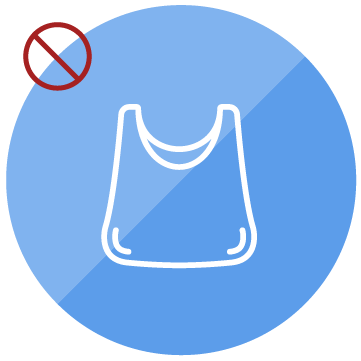
Plastic Bags & Wrappers
Plastic bags, plastic wrappers and flexible plastic packaging are too thin to be recycled. Reuse them in your home or return them to your local grocer for recycling.
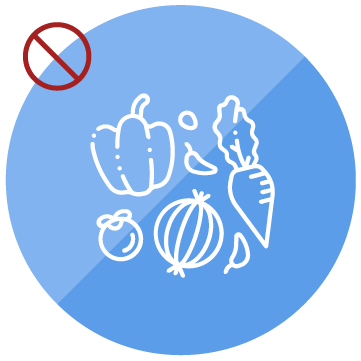
Food
Food scraps must be disposed of with your trash or composted where composting programs are offered.
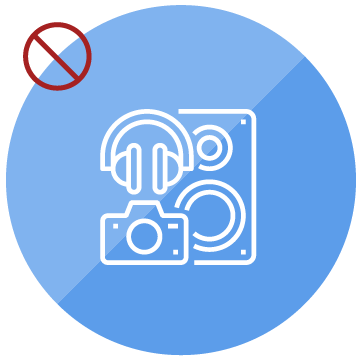
Electronics or Batteries
Electronics, batteries, and lightbulbs cannot go in your curbside recycling cart. Use the location finder search to find the proper place to recycle these items near you.
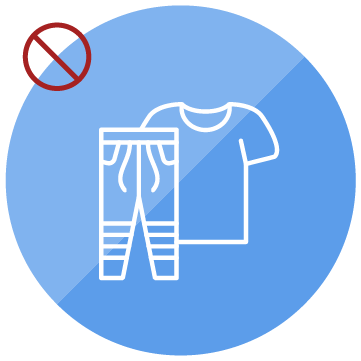
Clothing & Shoes
Clothing items can be taken to a dedicated reuse collection location but cannot be placed in your recycling cart. Use the location finder search to find the proper place to recycle these items near you.
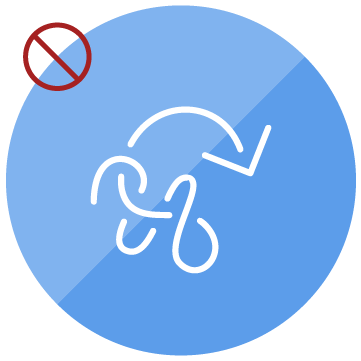
Tangling Items
Items like hoses, string lights and wires tangle up recycling equipment. If they work, consider donating these items instead. Otherwise, dispose them in your trash.
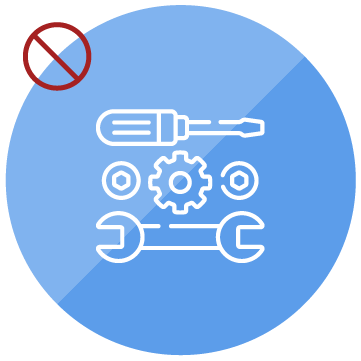
Tools
Tools and other hardware items should not go in your recycling cart. Dispose of these items in your trash, recycle metals with Padnos or donate them for reuse.
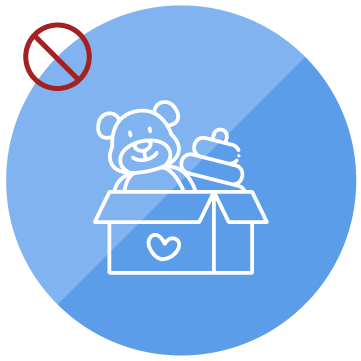
Toys
Even if they are made of a recyclable material, toys should not go in your recycling cart. Dispose of these items in your trash or donate them for reuse.
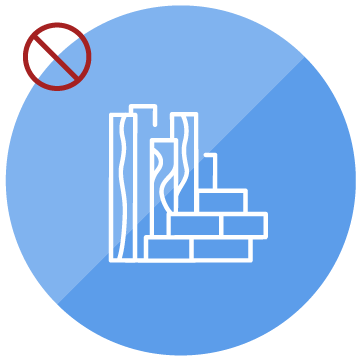
Construction Waste
Wood and other construction scraps should not be placed in your recycling cart. These items should be disposed of in your trash. Consider using a Project Pride coupon for large or special pickups.
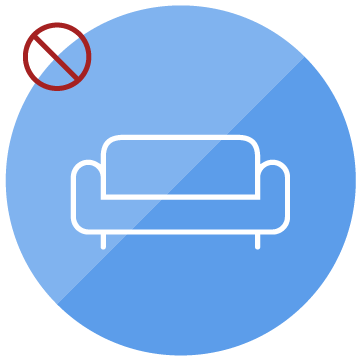
Oversized Items
Items too large to fit in your recycling cart (e.g. sofas, mattresses, hot tubs) may be eligible for our Project Pride program, available to City of Holland residents. Please be aware that some oversized items may be subject to an additional fee.
What do I do with items I can’t recycle curbside?
There’s a place to properly recycle or dispose of almost anything including appliances or hazardous waste. Search here to find out where to dispose these items responsibly.
